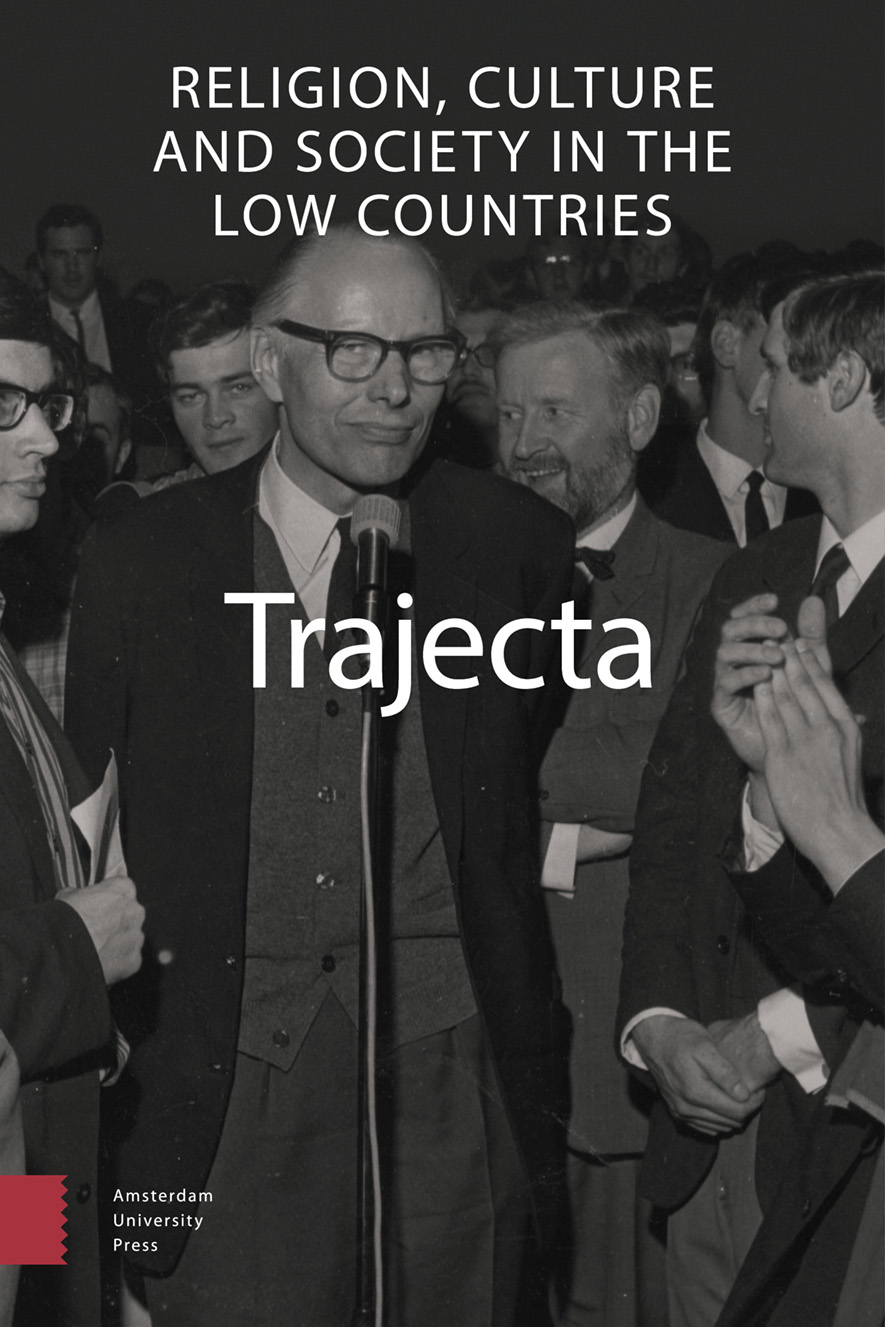-
oa Claiming Conscripts
Political negotiations on humanistic spiritual care in the Dutch armed forces, 1946–1984
- Amsterdam University Press
- Source: Trajecta, Volume 30, Issue 1, Mar 2021, p. 14 - 35
Abstract
The twentieth century is widely considered a period in which Christendom lost its central position in the West. In the Netherlands, the influx of counter-cultural ideas and beliefs from the 1960s onwards brought about a decline in church membership and voter turnout for Christian parties. Simultaneously, societal critiques grew louder against the state’s accommodation of religion and its privileged positioning of Christianity. This article argues that the societal shifts stemming from the cultural turn of the 1960s, did not result in structural changes in the dialogue between church and state. I use the political negotiations that addressed spiritual care in the Dutch armed forces between 1946 and 1984 as a case study. My focus is on the Humanist League’s drive to obtain for the Humanist Service for Spiritual Care a status equal to that enjoyed by the churches. My analysis shows that the Humanist League mounted a forceful struggle to get access both before and after the 1960s. While the Humanist Service was formally installed in the army in 1967, no structural adaptations to the criterion to distribute positions followed. The ministry of Defense was unprepared to accommodate the humanists, and church-organizations were unwilling to give up their privileged position without a fight. The continuity in Dutch church-state relations and the comparative maneuverability of the churches can be understood by emphasizing the reluctance of state-actors to adapt existing policies. It is the degree of what I call institutional integration of religious organizations with the state which determined the leverage of institutions.


